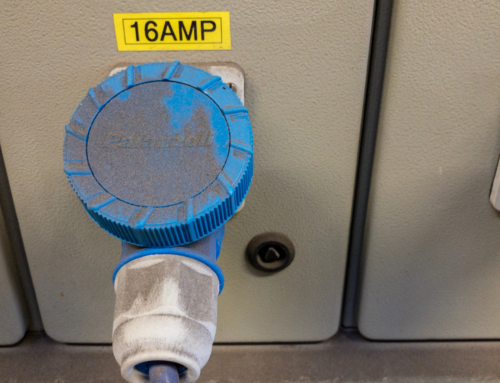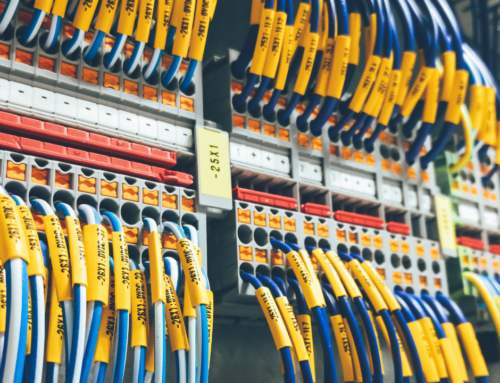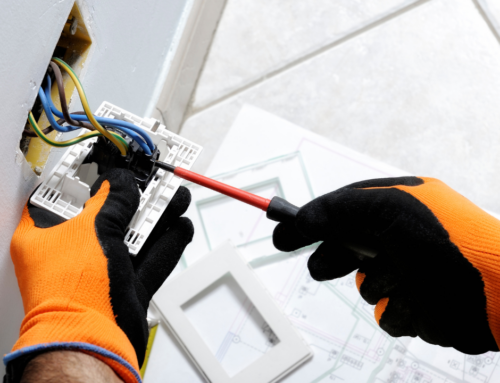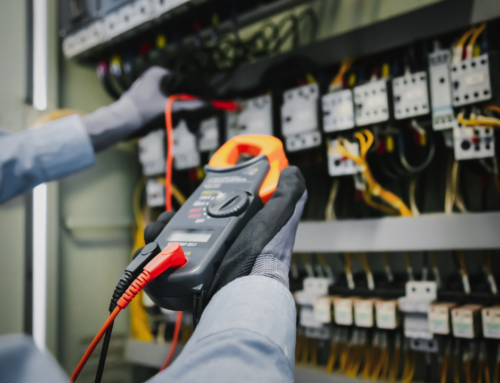In the realm of electrical supply, the distinction between the types of power systems used can significantly impact the efficiency, cost-effectiveness, and reliability of the operations within commercial buildings. Among these, 3-phase power stands out as the preferred choice for commercial premises, offering a myriad of advantages over its single-phase counterpart. This article delves into the reasons behind the widespread adoption of 3-phase power in commercial settings, highlighting its importance and benefits.
Enhanced Power Capacity
One of the primary reasons commercial buildings opt for 3-phase power is its superior power capacity. Unlike single-phase power, which is typically used in residential settings, 3-phase power can support higher loads, making it ideal for commercial buildings that house heavy machinery, large HVAC systems, and extensive lighting networks. This capability ensures that commercial establishments can operate efficiently without the risk of overloading the system.
Improved Efficiency
Efficiency is paramount in commercial operations, and 3-phase power systems excel in this regard. The distribution of electrical power across three phases results in a more balanced load, which in turn reduces energy wastage and improves the overall efficiency of the electrical system. This not only contributes to lower operational costs but also supports environmental sustainability by reducing the carbon footprint of commercial buildings.
Cost-Effectiveness
While the initial setup cost for a 3-phase power system might be higher than that of a single-phase system, the long-term savings are substantial. The increased efficiency and reduced energy wastage translate into lower electricity bills, making 3-phase power a cost-effective solution for commercial premises. Additionally, the ability to run heavier loads without the need for multiple circuits further reduces installation and maintenance costs.
Reliability and Stability
Commercial buildings require a reliable and stable power supply to ensure uninterrupted operations. 3-phase power systems are inherently more stable than single-phase systems, providing a continuous power flow that enhances the reliability of the electrical supply. This stability is crucial for commercial operations, where power interruptions can lead to significant financial losses and safety risks.
Versatility
The versatility of 3-phase power systems is another factor that makes them suitable for commercial use. They can easily accommodate both high and low power demands, making them ideal for a wide range of commercial applications, from small retail outlets to large industrial complexes. Furthermore, 3-phase systems can power both single-phase and 3-phase equipment, providing flexibility in the types of machinery and devices that can be used within commercial buildings.
The adoption of 3-phase power in commercial buildings is driven by its superior power capacity, efficiency, cost-effectiveness, reliability, and versatility. These benefits make it the preferred choice for commercial premises, ensuring that operations can run smoothly, efficiently, and without interruption. As commercial activities continue to evolve and demand more from their electrical systems, the importance of 3-phase power is only set to increase, cementing its status as the backbone of commercial electrical infrastructure. Whether for a small boutique or a sprawling industrial complex, 3-phase power is the key to unlocking the full potential of commercial operations. Contact us if you’re in need of a 3-phase installation, and our team of experienced professionals will ensure your commercial premises are equipped with a reliable, efficient power solution tailored to your specific requirements.







Leave A Comment